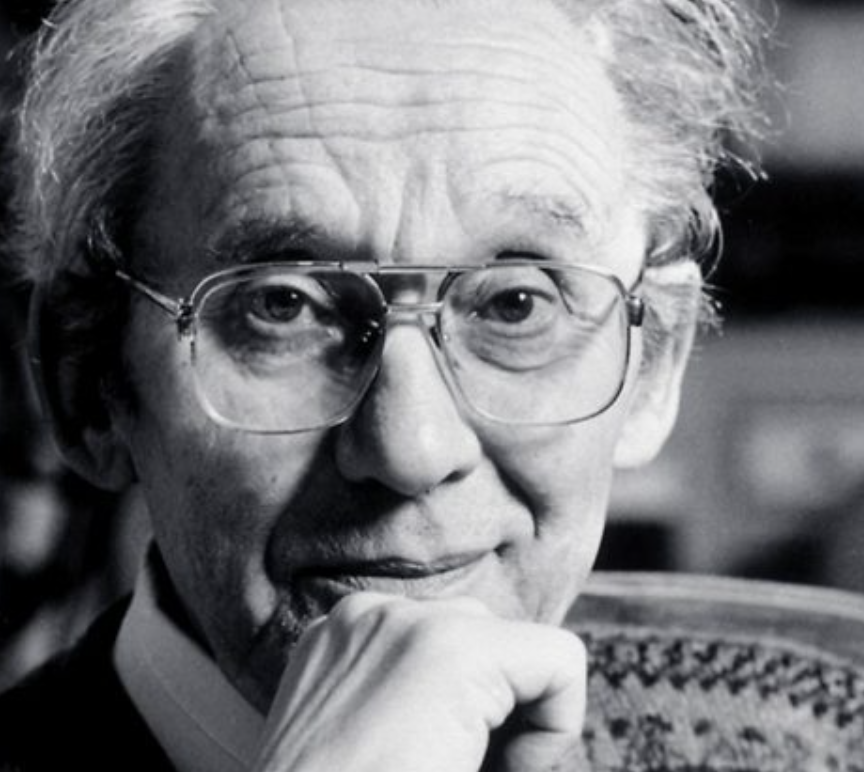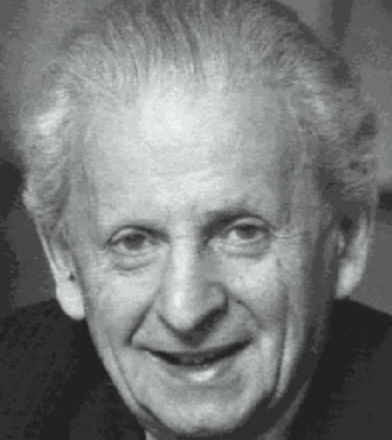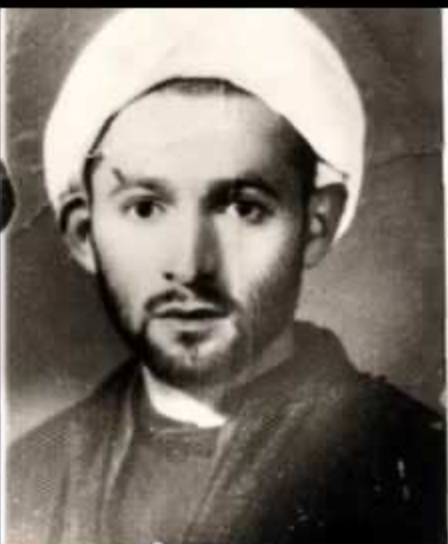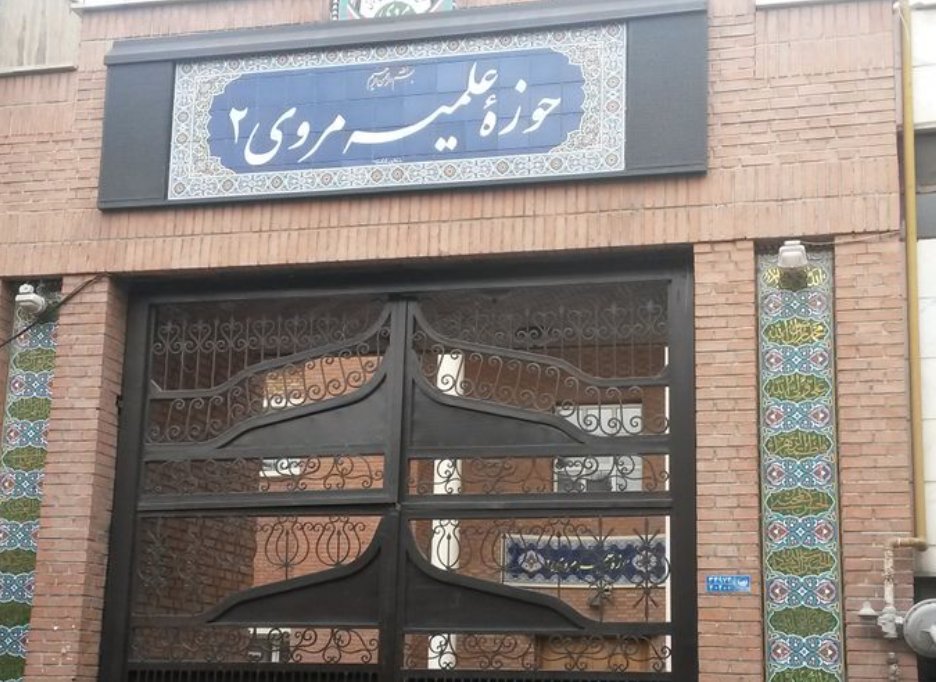It is not difficult to understand why Paul Ricoeur (1913-2005) has been influential in Iran along with other major theorists in #phenomenology and #hermeneutics like #Gadamer - both visited #Iran in 2002 - a thread on #Ricoeur in #Iran 1/
Especially for those interested in religion and making sense of the word and the world, of text, action and hermeneutics, it is often the triumvirate of Jacques Derrida (1930-2004), Paul Ricoeur, Hans-Georg Gadamer (1900-2002) and Emanuel Levinas (1906-1995) who come to mind 2/ 







The revolution of 1979 brought up issues of authenticity, a desire to reconcile one's political and social being with one's faith; it brought political theology to the fore; no doubt both the #hermeneutics of suspicion and #reconstruction of #Ricoeur were attractive 3/
incidentally this is a pretty decent study of those hermeneutics books.google.co.uk/books?id=0CAEZ… 3a/ 

Language and self lay at the heart of his project - understanding how human language works but also how one engages with texts and especially scripture - ever the Protestant hermeneut 4/
But language was also a means for the emergence of the self- and the self was one embedded in traditions and arose in dialogue with others; #Ricoeur distinction between ipse and idem identity are critical for the development of an inter-subjective ethics 5/ 

His 'continental' style of engaging with and glossing the history of philosophy probably was also attractive - one of the ways in which the analytic tradition is distinguished opinionator.blogs.nytimes.com/2012/02/19/bri… 6/
#Ricoeur studied at the Sorbonne with Gabriel Marcel (1889-1973), the Catholic existentialist; his notion of philosophy arising from lived experience played on the tension between human exigency and transcendence, being and becoming plato.stanford.edu/entries/marcel/ 7/ 

One might in the near future have to consider the reception of Marcel in Iran as well philosophy.mofidu.ac.ir/article_29671_… 7a/
One key figure was Abol-Hassan Jalili (1926-2015), professor of philosophy at Tehran University, close to the circle of Ahmad Fardid (1910-1994), and had been a student of Marcel and imbibed other forms of existentialism and phenomenology such as Karl Jaspers (1883-1969) 7b/ 





#Ricoeur career was later divided between Paris, Louvain, and Chicago and most of his work was first published in French - the influence of #Heidegger on his hermeneutic turn was quite clear 8/
Three areas of his work seem pivotal for their Iranian reception; 1) language and metaphor 2) hermeneutics of the self 3) hermeneutics of time, text, narrative and action connected through two central questions of the identity of the self and its location (who? where?) 9/
The earliest encounter in book form was the philosopher Babak Ahmadi's (b. 1948) translation of a collection in 1994 entitled Zindagī dar dunyā-yi matn 10/ 



That was closely followed by a translation of his major work Temps et récit as Zamān va ḥikāyat by Mahshīd Nūnahālī in which the existence and the becoming of the self (its fiction) was mediated through the hermeneutics of narrative 11/ 







The complexity of human time in this work depends on the two levels of our tensed phenomenological experience as well as the more global and cosmic sense of Time - out of this the key notion of narrative identity arises 11a/
The earliest encounter was an article on role of hermeneutics in 1989 in the journal Farhang and elements from De texte à l'action in Arghanūn in 1995; most articles have been on his theory of hermeneutics and the emergence of the agency of the self in connection to the text 12/
but certainly it was the 1990s when #Ricoeur emerged in Persian, and more so after that with Temps et récit being central 13/
Then his short work On Translation was rendered by Madyā Kāshigar (1956-2017), a Paris trained literary scholar who also translated the works of the absurdist Eugène Ionesco (1933-1994) 14/ 





The most recent volume that was published in 2019 was Tārīkh va hirminiūtīk sazandeginews.com/News/1580 15/ 

Various studies have also been published that focus on the hermeneutics and increasingly on his notion of history and memory and how we choose to remember some things and forget others 17/ 





It is perhaps that engagement with history - that was already immanent in the discussions of time and narrative - that are critical in many contexts not least in #Iran where the intellectual engagement with history, with the inheritances ('tradition') is critical 18/
Much #intellectual_history in #Iran is about the fictions of the self, of re-inventing, of re-imagining pasts, of selves and their contexts, and of making sense of what we have inherited, what we have lost and what we wish to forget 19/
A last point - my interest in #Ricoeur and other European philosophers in contexts like #Iran is part of a project to understand how philosophy is received, understood, and transformed in the light of lived #postcolonial experiences 20/
• • •
Missing some Tweet in this thread? You can try to
force a refresh



















